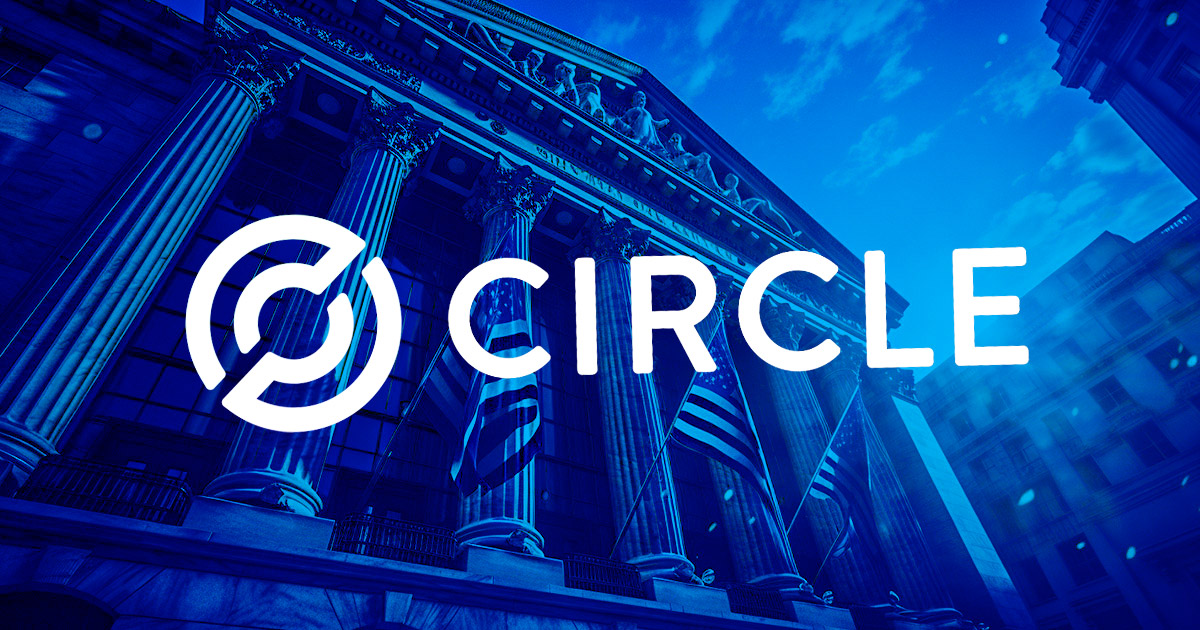
The US SEC has raised concerns about the status of Circle’s stablecoin, USDC, as the company looks to go public in a multi-billion dollar initial public offering (IPO), Barron’s reported on June 18, citing regulatory documents.
The SEC’s concerns are primarily related to the risks associated with USDC and other stablecoins that may be classified as securities under US law. The watchdog raised similar concerns in 2021 when Circle attempted to go public through a special purpose acquisition company (SPAC).
According to the report, the documents reveal an extensive exchange between the SEC’s Division of Corporation Finance and Circle that lasted nearly a year.
The company has reportedly cleared most of the hurdles to an IPO, despite major concerns from the watchdog. However, it is unclear whether the application will be approved at the time of writing.
SEC concerns
The SEC has requested that Circle disclose the risks associated with USDC if it is classified as a security under U.S. law, and the potential consequences of being classified as an investment company. Circle complied with the SEC’s disclosure requests but declined to comment on the ongoing discussions.
Investment companies, such as mutual funds, are subject to strict SEC supervision, including regular reporting and operating restrictions. If USDC were to be classified as a security, Circle would face higher costs and regulatory requirements, which would impact its business model.
Circle first attempted to go public in 2021 through a SPAC merger with Concord Acquisition Corp., which valued the deal at $9 billion. However, it was canceled in December 2022.
The SEC had raised similar concerns at the time, including whether Circle would have to register as an investment company and whether the token could be considered a security, requiring additional disclosures and compliance measures.
The company filed confidential IPO paperwork in January, hoping to proceed via a traditional IPO route in its second attempt to go public. However, the SEC’s previous concerns have reportedly persisted, with the agency requesting detailed disclosures about the risks associated with USDC’s classification as a security.
Security rating
Both names can have a negative impact on Circle. Todd Phillips, a law professor at Georgia State University, told Barron’s:
“Like [Circle’s products] When it comes to securities, it becomes more expensive for Circle to operate, if they can operate at all.”
Circle may need to register USDC or other assets that receive a securities designation, which may prevent some business types from transacting on the assets. It may also be subject to fines, may have to register as a broker-dealer, and may have to allow customers to cancel previous purchases.
If the SEC were to designate Circle as an investment company rather than an operating company, Circle would be subject to increased SEC supervision. It would have to file regular holding reports and adhere to limits.
Other comments suggest the SEC wants to protect itself rather than restrict Circle. Securities attorney Xavier Kowalski, who was not involved in Circle’s investment process, told Barron’s:
“The SEC wants to avoid doing anything during the registration review process that will come back to bite them in an enforcement action later.”
Kowalski said it was “pretty terrible” that the SEC’s concerns persisted eight months into the process, but said the agency has apparently addressed its concerns about Circle’s initial public offering.

